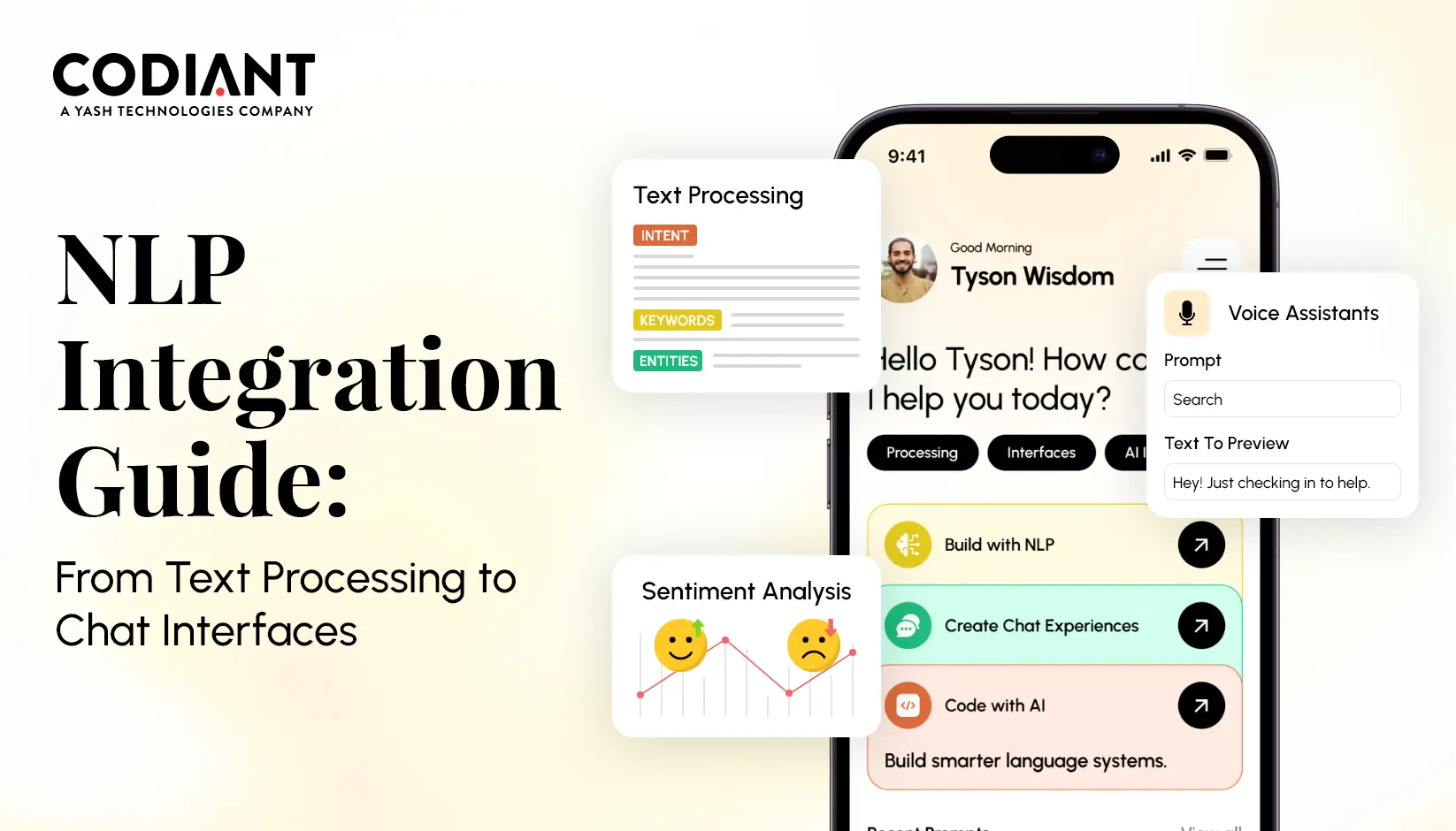Five Industries to Adopt Blockchain Development In Future
Table of Contents
Subscribe To Our Newsletter

Blockchain is at an inflection point, with its momentum shifting towards practical business applications. Traditional industries had been in an effort to achieve greater efficiency, revenue resources and develop new business models through blockchain, as per the survey of Deloitte. Since we are still early in blockchain’s development, the incessant maturation in the stage comes not as a surprise. Here we look at the perception of inflating blockchain trend in figures.
A Look At Some Global Blockchain Facts:
- Over the last five years, venture capitalists (VCs) have invested more than $1 Bn in blockchain companies;
- About 90% of the major North American and European banks are exploring blockchain solutions;
- The global blockchain market is expected to be worth $20 Bn by 2024;
- It is estimated that banks could save $8-12 Bn annually if they use blockchain technology;
- In April 2018, a group of 22 European nations formed a new blockchain partnership aimed at exchanging information on the technology. The countries, including the UK, France, Germany, Norway, Spain, and the Netherlands, signed a declaration on April 10, 2018, establishing the new group, dubbed the European Blockchain Partnership, according to a release from the European Commission, which led the effort.
While we have closely seen the forecasts of blockchain, now let’s track the trends ahead and see what this technology packs within it for the industries in the future: Stats Source Inc42
Healthcare
The key problems in healthcare technical infrastructure existing today that impede interoperability and thus patient-centered care are information security and privacy concerns, lack of trust between providers, and scalability concerns. Now let’s see the potential use cases that demonstrate how Blockchain addresses these interoperability challenges: Source: Deloitte
- Sharing Cancer Data with Providers Using Patient-Authorized Access
- Cancer Registry Sharing to Aggregate Observations in Cancer Cases
- Patient Digital Identity Management for Better Patient Record Matching
- Data Sharing to Incorporate Telemedicine with Traditional Care
- Personal Health Records for Accessing and Controlling Complete Health History
- Health Insurance Claim Adjudication Automation to Surface Error and Fraud
- Prescription Tracking to Detect Opioid Overdose and Over-Prescription
- Supply chain management that enhances healthcare solution contract management and reduces costs by allowing such features as real-time contract tracking and execution
- Online patient access that enables patients to more easily, effectively and securely gain access to their medical records
Banking and Finance
Blockchain is dramatically revolutionizing the global financial system backed by the much-hyped Bitcoin ecosystem, lets’ go through the basic principles underlying blockchain that helps in driving down the cost, automate the execution of transactions with full trust, and ensuring top-notch security:
- Decentralized Ledger: A digital ledger that allows participants to access identical information at the same time across the distribution chain.
- Consensus Validation: Any transaction to be added to the blockchain, has to undergo an agreed-upon validation process which allows participants to keep trust in their transactions whether or not the central authority is present.
- Immutable and Tamper-proof: Every transaction recorded in the blockchain is irreversible and immutable making it impossible for anyone to tamper with data without leaving proof of the same.
- User Authentication with Cryptographic Security: The cryptographic security, aka private and public keys of user access, makes it almost impossible for identities to be hacked and data to be compromised.
- Smart Contracts: Time-consuming contractual transactions held can tailback the growth of a business. Smart contracts allow automatic validation of agreements signed and enforced through a blockchain construct which eliminates the need for mediators, hence saving the time and money.
Insurance
As per the latest report of Mckinsey, Blockchain addresses the competitive challenges of the insurance industry including many incumbents face, including poor customer engagement, limited growth in mature markets, and the trends of digitization. In the following, we outline the most promising insurance-related use cases in three categories: enabling growth, increasing effectiveness, and reducing cost by automating key processes.
- Innovate products and services for growth
- Increase effectiveness in fraud detection and pricing
- Reduce administrative cost
Cybersecurity
The tampering ransomware attacks and major breaches such as Equifax hold true that companies cannot safeguard their current identity system which eventually, calls for a crucial need of cryptocurrencies, blockchain, and iOT. This futuristic immediacy underscores a strong outlook that the emergence of blockchain cybersecurity tools may be the next big thing in blockchain and it will set its kind of definition in redefining Cybersecurity.
Automation and Privatization
As per the trusted resources, Blockchain will drive digital transformation of the enterprise specifically with automation, digitization of processes, tokenization of physical assets and activities and codification of complex contracts. In addition to these, Asia and the Middle East are expected to aggressively push blockchain, the speed of ICOs will grow faster, and will overtake venture capital funding.
Featured Blogs
Read our thoughts and insights on the latest tech and business trends
How AI Reduces Patient Wait Times by 50% in UAE Hospitals
- January 6, 2026
- Artificial Intelligence
In a Nutshell AI helps UAE hospitals reduce patient wait times by up to 50% using smart triage, predictive scheduling, and automated patient flow management. Emergency departments benefit from faster severity scoring, load balancing, and... Read more
Integrating NLP Into Your Existing App: From Text Analytics to Conversational Interfaces
- December 29, 2025
- Artificial Intelligence
Natural Language Processing has moved from a niche capability to an essential part of modern software, and 2025 has clearly shown its impact. Businesses are no longer rebuilding entire systems to keep up with user... Read more
How to Build an AI-Powered Queue Management System in Dubai, UAE
- December 25, 2025
- Artificial Intelligence
Dubai has been steadily moving toward faster, more efficient public and private services, and this shift has increased the need for systems that reduce waiting time and improve customer flow. With rising footfall across government... Read more




